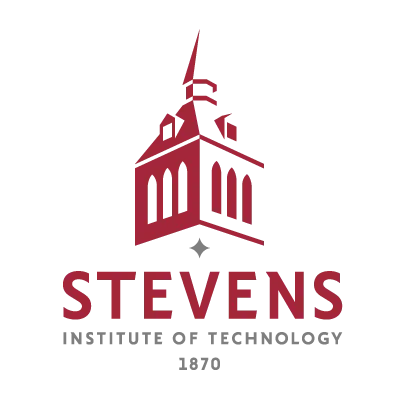Everyone Wins With Employer Tuition Sponsorship
Both students and employers benefit from employer sponsorship programs that help enrollees pay for degrees. Students earn a degree with less debt, while their employers get to retain newly upskilled workers and market this benefit to attract more talent.
Learn how employer sponsorship works, and how you or your organization can take advantage of it.
Employer Sponsorship for Students
Employer tuition assistance is not always as straightforward as grants or scholarships. Here we cover what employee sponsorship is, how to apply and why it might benefit your career to save money on Stevens Institute of Technology tuition.
What Is Employer Sponsorship?
At root, employer sponsorship is an exchange agreement. You agree to let your employing organization pay for a portion of your tuition costs in exchange for a promise to continue working for them for a set period after graduation.
For example, your organization might offer the yearly tax-deductible limit of $5,250 per academic year if you agree to give them an additional two years of work with your new degree in hand.

How Do You Apply?
You should first determine that your employer offers a tuition assistance program. Large organizations are more likely to offer this benefit than small employers, so ask an HR representative at your organization to be sure.
Every employer will have a slightly different application process, but you'll typically need to take the following steps.
Step 1
Prove eligibility requirements
Prove that you meet all eligibility requirements. These may include a certain amount of time in the job and a GPA threshold for your undergraduate degree.
Step 2
Describe degree benefits
Describe how your intended degree can benefit the employer. This might take the form of both a written statement and an interview with HR or your manager.
Step 3
Sign contract agreement
Sign a contract agreement stating that you agree to maintain a certain GPA and work for the employer for a specified period after earning the degree.
What Are the Career Benefits?
Each level of education you earn raises your lifetime earnings potential. According to the U.S. Bureau of Labor Statistics (BLS), professionals with master's degrees earn median annual salaries $12,600 higher than those who hold only bachelor's degrees. More education also leads to a lower likelihood of unemployment.
Employer sponsorship can help you access these benefits at less cost, leaving you with less debt over time. The Stevens Institution of Technology offers a range of degrees that employers might be happy to help with, including online master's degrees in business administration, computer science and engineering management.
Master's degree holders earn median annual salaries $12,600 higher than those who hold only bachelor's degrees.
More education leads to a lower likelihood of unemployment.
Employer sponsorship reduces cost, lowering your debt over time.
Tuition Reimbursement Benefits for Employers
Fostering a culture of lifelong learning is essential to navigating changes and embracing innovation, and education reimbursement can play a vital role in that.
Why Stevens?
From our nationally recognized stature, to studying with experienced faculty, to connecting with over 50,000 global alumni, we offer unique advantages to support our students' success beyond graduation.
Our faculty members produce groundbreaking research that enables better planning and policy, improves healthcare and treatment, builds our understanding of critical questions, shares useful insight, and makes life safer, more secure and more comfortable. The researchers, practitioners and entrepreneurs that comprise the Stevens Institute of Technology faculty bring innovation and insight to students across disciplines and around the world.

At a Glance
of employees cited tuition assistance as an important factor in their decision to join their companies.¹
return on investment due in part to reduced employee turnover as a result of tuition reimbursement program.²
Tax deduction per employee for tuition reimbursements made through qualified education assistance programs (EAPs) according to Internal Revenue Code Section 127.
of participants said tuition assistance helped them develop skills they needed to grow in their current jobs.¹


